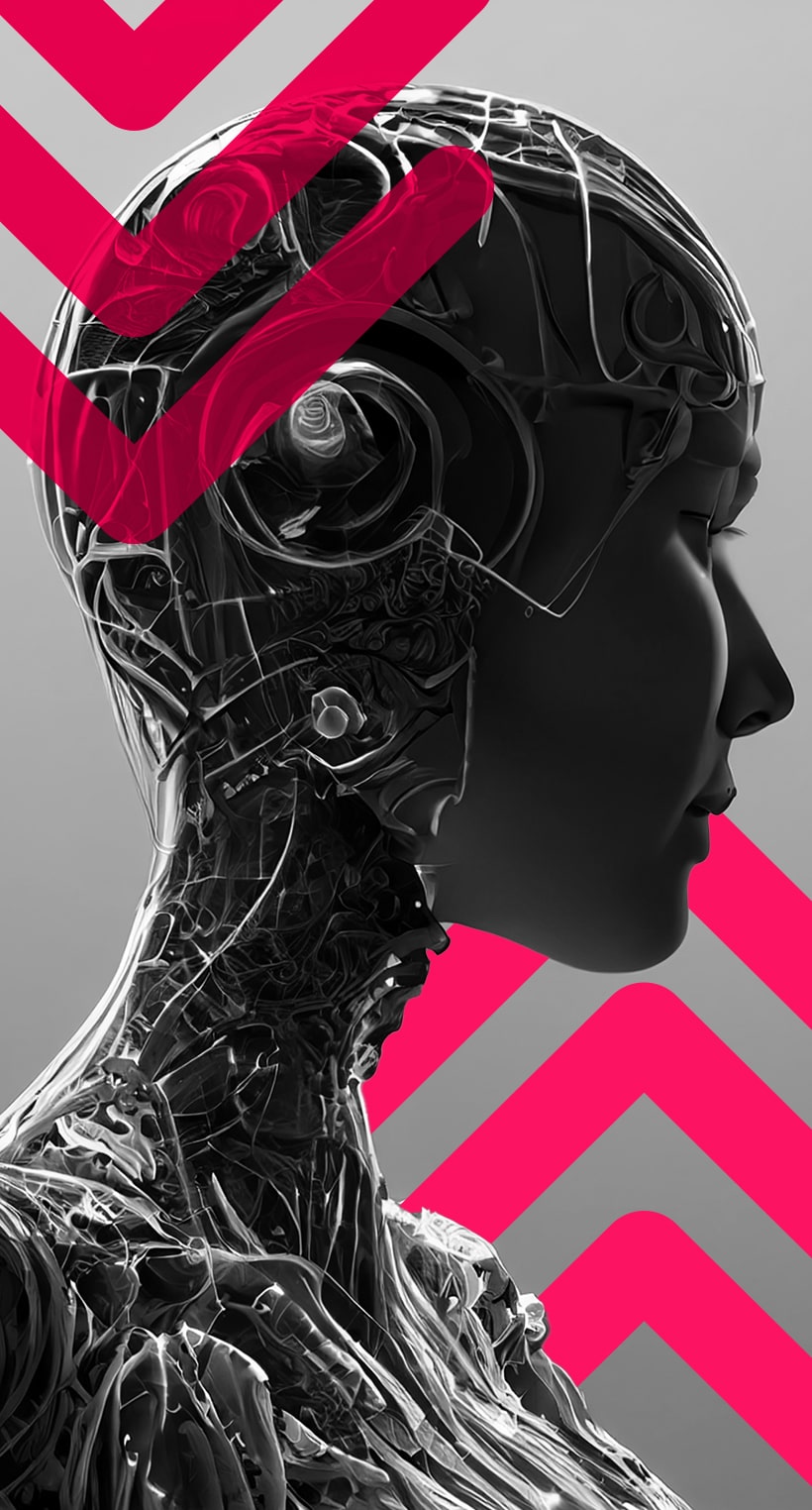Artificial Intelligence (AI) has become an integral part of our lives, shaping how we interact with technology and transforming various industries. From virtual assistants on mobile devices to autonomous vehicles, AI has made remarkable progress in imitating human intelligence. But the connection between humans and AI goes beyond just practicality. In this article, we delve into the intriguing realm of AI psychology and examine the complex relationship between humans and AI.
Understanding AI Psychology: How AI Interacts with Humans
To fully grasp how humans and AI interact, it is essential to delve into the psychology of AI. These systems are designed to communicate with humans in a way that mimics human interaction. Through Natural Language Processing (NLP) algorithms, AI can understand and respond to human language, creating more seamless and intuitive interactions. The ability of AI to comprehend context, tone, and intent showcases the advancements in machine learning algorithms.
Furthermore, AI is trained to identify patterns and make predictions based on vast amounts of data. This enables them to provide personalised recommendations tailored to each user.
The Role of Trust in Human-AI Interaction
The relationship between humans and AI relies heavily on trust. When we interact with AI, we expect it to perform tasks for us accurately and efficiently. This trust is based on AI’s ability to comprehend our needs, provide suitable solutions, and adapt to our preferences. As AI becomes more integrated into our daily routines, trust becomes crucial in determining the success of human-AI interaction.
Creating trust between humans and AI requires transparency and dependability. Users should clearly understand how AI systems operate and what information they gather. This transparency gives users a sense of control and allows them to make informed decisions about their interactions with AI. Furthermore, AI systems must consistently produce reliable results to build confidence in their capabilities, ensuring users can rely on them in various situations.
Challenges in Human-AI Interaction
While there are numerous advantages to human-AI interaction, it also presents several challenges. One major concern is the presence of bias in AI algorithms. These systems learn from the data they are trained on, which can unintentionally reinforce biases within the data. For example, facial recognition algorithms have shown evidence of racial biases, resulting in misidentification and possibly discrimination.
Furthermore, ethical considerations surrounding AI pose another challenge. As AI becomes more autonomous and capable of decision-making, questions about accountability and responsibility arise. Who should be held accountable if an AI system makes a harmful decision? How can we ensure that AI operates ethically and aligns with human values? These inquiries emphasise the necessity for ethical frameworks and regulations to govern AI systems and their interactions with humans. For further information on this subject, please explore the article available on our website at the following link: https://ai-uk.io/ethical-ai-fostering-responsible-innovation-in-the-digital-age/
Enhancing Human-AI Interaction: Best Practices and Strategies
There are several strategies and best practices that can be implemented to improve the way humans interact with AI. Firstly, AI systems should prioritise user-friendly design, creating interfaces that are simple to use and do not require extensive training or technical knowledge. This ensures a smooth interaction between users and AI systems.
Secondly, it is essential to continuously gather feedback and incorporate it into the AI’s learning process to refine and improve its functioning. This allows for a closer alignment between human needs and preferences and the capabilities of AI.
Lastly, interdisciplinary collaboration between professionals in psychology, computer science, and ethics is vital. By working together, a deeper understanding of human behaviour, technological capabilities, and ethical considerations can be achieved, resulting in more effective and responsible human-AI interaction.
AI and the Human Mind: Exploring Cognitive Abilities and Limitations
The interaction between humans and AI is a captivating area of research. AI has shown remarkable cognitive abilities, from processing large amounts of data to recognising intricate patterns. However, it also has its own set of limitations. While excelling in certain tasks, it may struggle with others that come naturally to humans, such as interpreting complex emotions or formulating creative solutions.
Understanding the cognitive strengths and weaknesses of AI is crucial for successful human-AI interaction. By harnessing AI’s strengths and addressing its limitations, we can establish a symbiotic relationship that maximises benefits for both parties involved.
The Future of Human-AI Interaction
The potential for human-AI interaction in the future is immense. As AI technology continues to progress, we can anticipate more natural and seamless interactions. AI systems will become even more personalised and adaptive, further improving user experiences. Moreover, advancements in AI ethics and regulations will ensure that human values are prioritised and that AI operates within societal expectations.
However, some challenges come with this promising future. As AI becomes increasingly advanced, it is crucial to maintain its role as a tool to enhance human capabilities rather than replace them. Striking a balance between human and AI involvement is key to preserving human agency and avoiding excessive reliance on AI systems. Constant research and collaboration will be crucial in navigating these challenges and shaping the future of human-AI interaction.
Conclusion: The Complex Relationship Between Human-AI Interaction
To sum up, the relationship between humans and AI is a constantly evolving and intricate topic. As AI technology progresses, our understanding of how to effectively interact with it also grows. Establishing trust, dealing with ethical implications, and utilising AI’s cognitive capabilities to enhance human abilities are crucial factors in cultivating a productive and mutually beneficial partnership between humans and AI. By embracing the possibilities of AI while remaining aware of potential obstacles, we can pave the way for a future where both humans and AI can thrive together.
;)
;)
;)